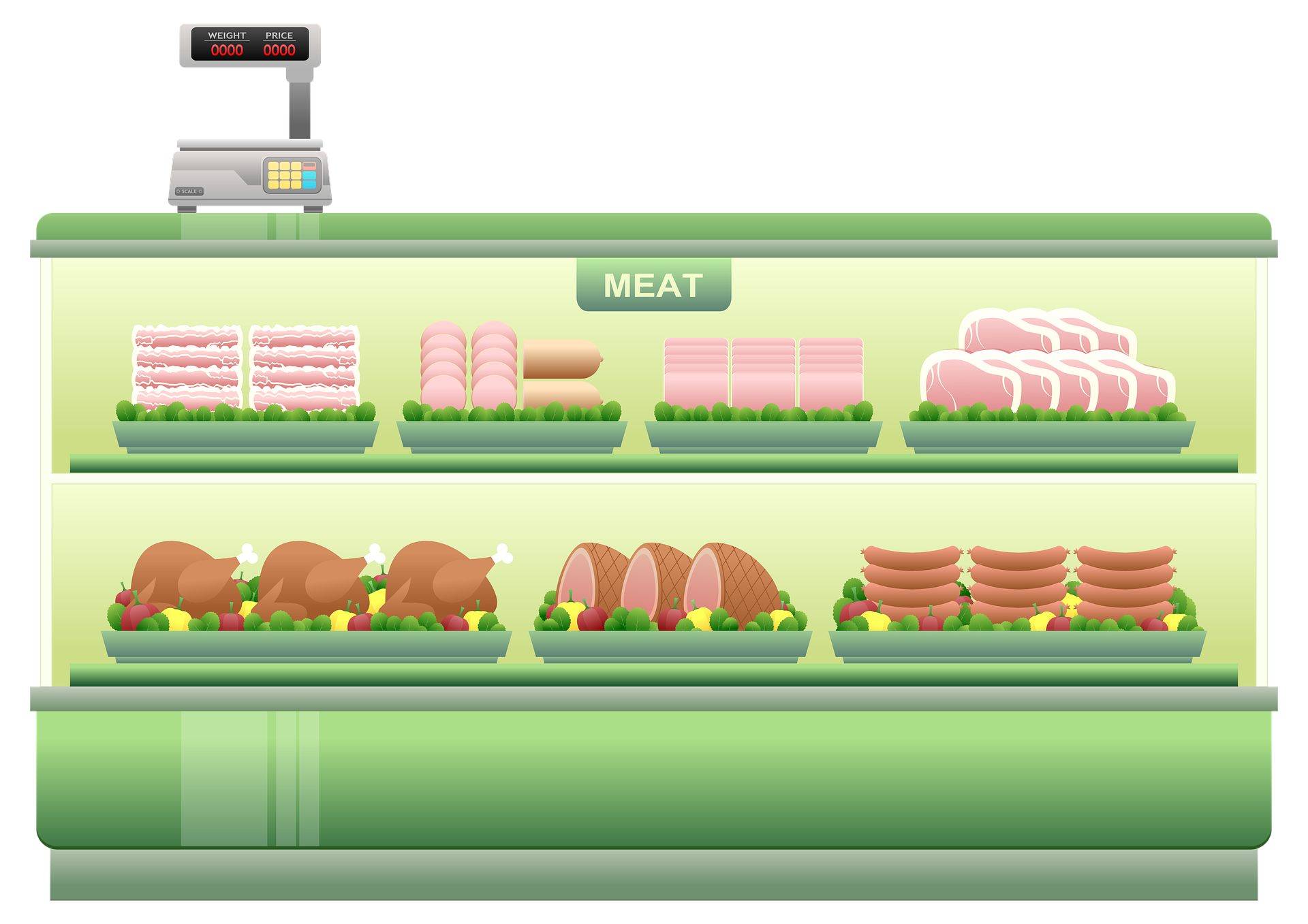Red and processed meat taxes would transform healthcare

The study modelled what the tax on processed and red meat products should be if the health consequences of consuming them were taken into account. They also considered the level of consumption of these meats in different countries to arrive at accurate estimates. In high-income countries, such as the UK, results showed that the cost of bacon and sausages (processed meat) would double!
The level of tax increase that would reflect healthcare costs resulting from people’s consumption of meat in Europe, US and Australia would be a 20 per cent tax on unprocessed red meat (pork, beef, lamb) and a whopping 110 per cent tax on processed meats (bacon, ham, sausages, salami, burgers, cured meats products)! These taxes would drive consumption down and improve people’s health.
Red and processed meat is at the centre of attention because the World Health Organisation classified processed red meat as a carcinogen and unprocessed red meat as a probable carcinogen. Meat consumption has also been linked to heart disease and associated health problems as well as type 2 diabetes. From the environmental point of view, red meat has the highest carbon footprint of all foods and as other studies show, we need to drastically reduce all animal food consumption to avoid catastrophic climate change. Better still, we need to stop eating animals altogether.
There already are taxes on products harmful to our health, such as sugar, alcohol and tobacco, and data show these taxes are working to reduce consumption. It’s time to start taxing animal products, too. Taxing red and processed meat would be a good start and set a precedent on which we could build to include poultry, fish and other animal products in the future.
Whichever way we look at the issue – from the health, environmental or ethical point of view – we absolutely shouldn’t replace red meat with other animals but turn to pulses, nuts, wholegrains and vegetables. Governments need to rethink farming and encourage a population-wide shift from animal to plant foods.
Try our free 30 Day Vegan meal plan to get lots of vegan food inspiration.




